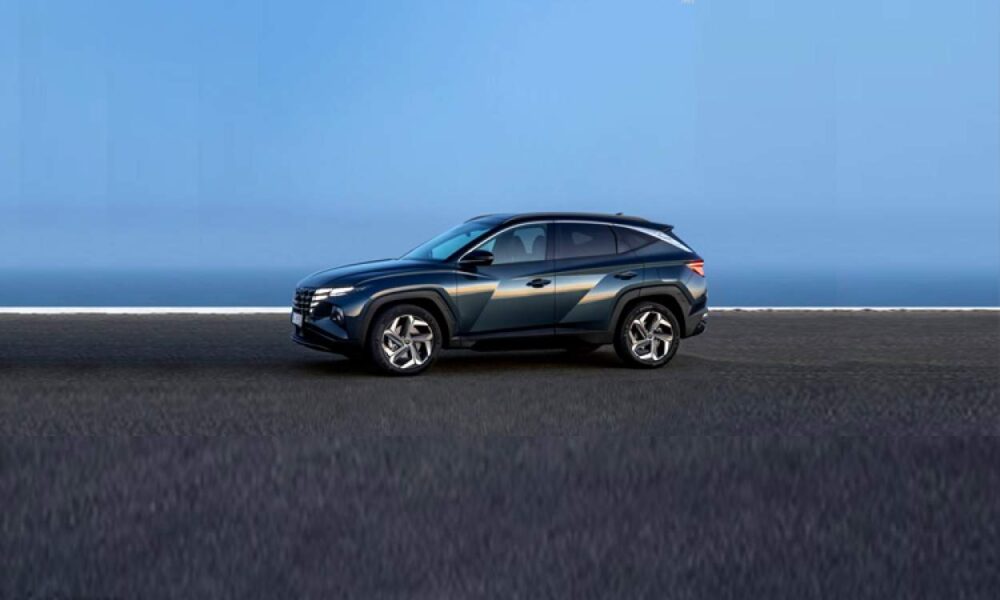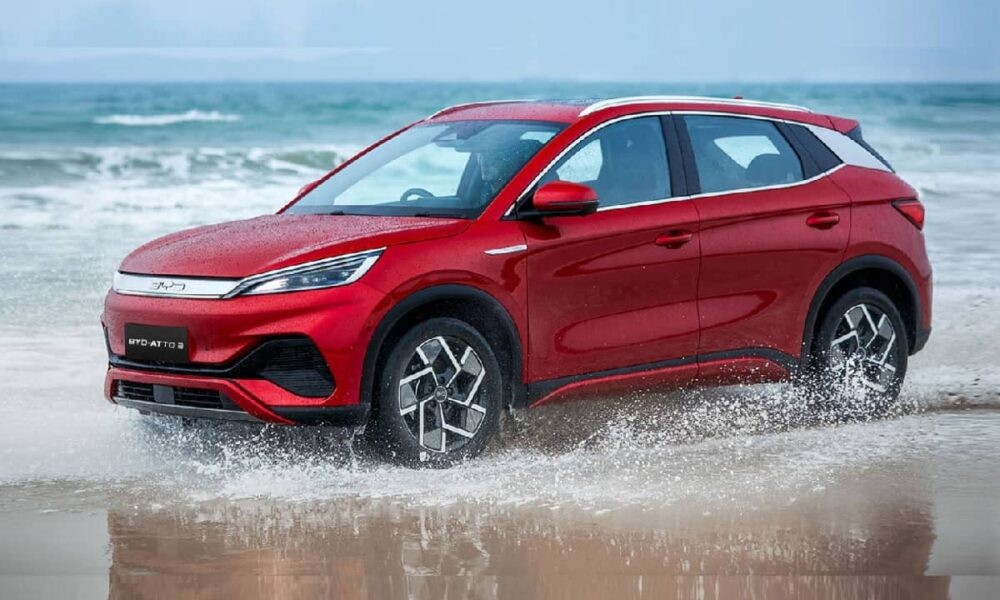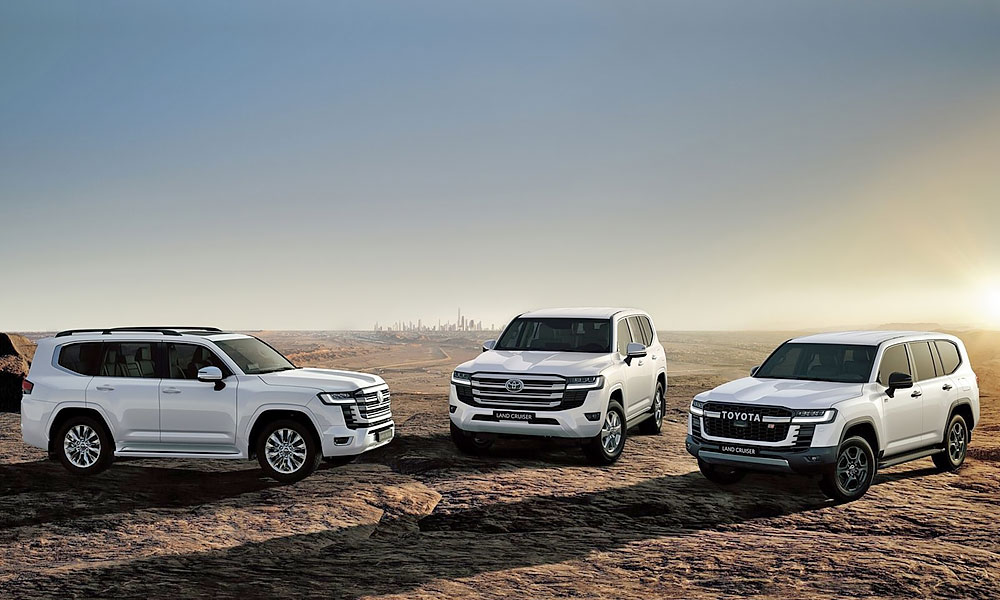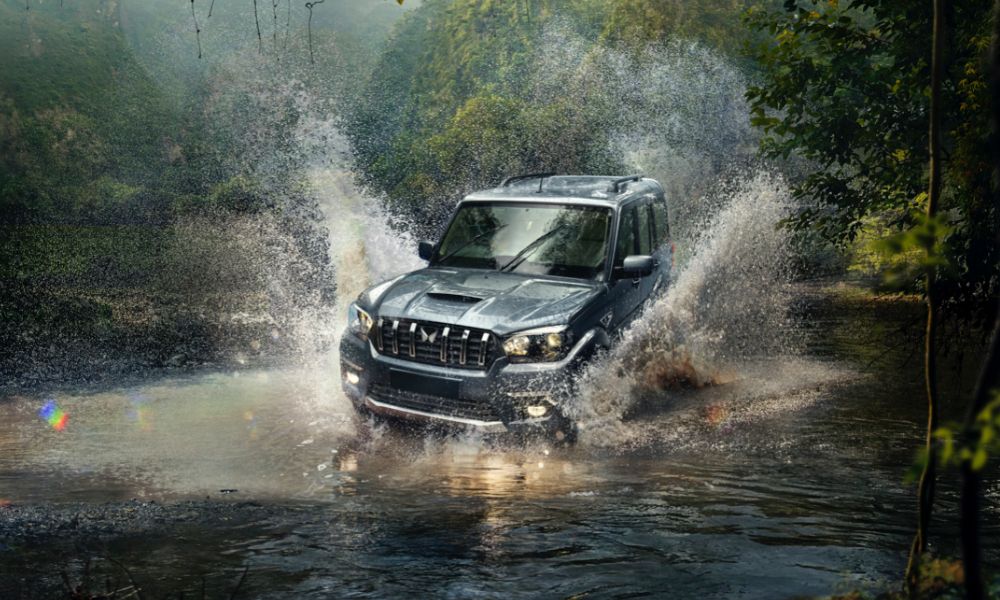
The Role of SUVs in Off-roading: Capabilities and Limitations
Off-roading is a thrilling and adventurous activity that involves driving a vehicle on rough terrain such as rocks, mud, sand, and water. It requires a vehicle with capabilities to maneuver through such terrains. Sports Utility Vehicles (SUVs) have been popular among off-roaders due to their power, ground clearance, and four-wheel drive capabilities. However, SUVs also have limitations that can affect their performance in off-roading. This article explores the role of SUVs in off-roading, their capabilities, and limitations.
SUV Capabilities in Off-roading
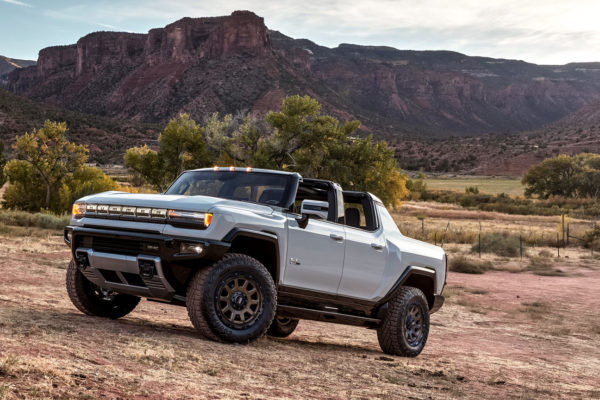
SUVs are designed to handle a variety of terrain conditions, including off-roading. They have high ground clearance, which allows them to maneuver through rough terrain without getting stuck. Additionally, most SUVs come with four-wheel drive capabilities, which provide better traction and stability on slippery surfaces such as mud, snow, and sand. SUVs also have powerful engines that provide enough torque to climb steep hills and navigate through rocky terrain.
In addition to their capabilities, SUVs also offer a comfortable and spacious interior. This makes them ideal for off-roaders who need to carry gear and equipment for their adventure. SUVs also have ample cargo space, making it easy to store camping gear, coolers, and other necessary items for the trip. With their towing capabilities, some SUVs can also pull trailers, making it easy to transport larger equipment such as ATVs, dirt bikes, and boats.
SUV Limitations in Off-roading
Despite their capabilities, SUVs also have limitations that can affect their performance in off-roading. One of the limitations is weight. SUVs are usually heavier than other off-road vehicles such as Jeeps and trucks. This makes them less maneuverable on tight trails, and they may sink in soft terrain such as mud and sand. Additionally, their weight can also damage fragile ecosystems such as wetlands and deserts.
Another limitation of SUVs is their size. While their size provides ample space for passengers and cargo, it also limits their maneuverability in tight spaces. SUVs are wider and longer than other off-road vehicles, and this can make it difficult to navigate through narrow trails and tight corners. Their size can also limit their approach and departure angles, making it challenging to climb over steep obstacles.
Conclusion
SUVs are popular among off-roaders due to their capabilities and comfort. They provide enough power, ground clearance, and four-wheel drive capabilities to navigate through rough terrain. Additionally, they offer ample space for passengers and cargo, making them ideal for long trips. However, SUVs also have limitations that can affect their performance in off-roading. Their weight and size can limit their maneuverability, and they may not be suitable for tight trails and steep obstacles. Therefore, it is essential to consider the capabilities and limitations of SUVs before embarking on an off-roading adventure.


